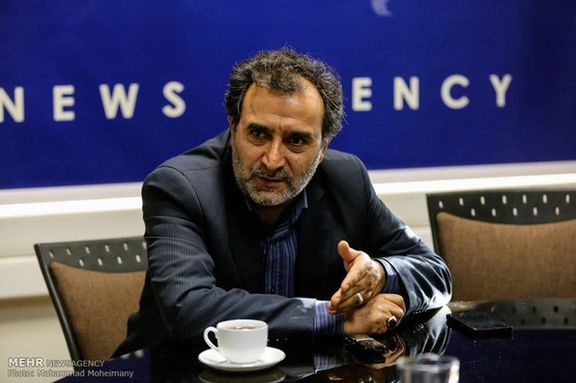Iran Says It Has No Blocked Funds in Iraq

A top Iranian official said on Wednesday that Tehran has no blocked funds in Iraq, after the Biden administration issued sanction waivers in 2023 and this year to allow Baghdad to release the Iranian funds.

A top Iranian official said on Wednesday that Tehran has no blocked funds in Iraq, after the Biden administration issued sanction waivers in 2023 and this year to allow Baghdad to release the Iranian funds.
After a cabinet meeting in Tehran, President Ebrahim Raisi’s legal affairs deputy Mohammad Dehghan told reporters, “We do not have blocked assets in Iraq. Sometimes some obstacles are created that are resolved through dialogue.”
Iran is exporting natural gas and electricity to Iraq, but according to US banking sanctions on Tehran since 2018, Baghdad was not able to transfer hard currency payments for its debts. In June 2023 and again earlier this year, the Biden administration issued waivers, allowing Iraq to send the money abroad.
As of June 2023, Iraq owed Iran an estimated $11 billion, which Iraq could only pay by financing Iran’s food and medicine purchases from its domestic markets. Iran always insisted on receiving the hard currency cash.
Iran's deputy Minister of Economy, Ali Fekri also denied that Iran has any funds held back in Iraq. In an interview with ILNA in Tehran on Wednesday, Fekri denied that Iraq still owes $11 billion. “Such a thing does not exist at all, and we have no outstanding claims or issues in Iraq.”
The US administration claims that Iran can use the funds only for buying non-sanctionable goods, but critics argue that money is fungible, and if Iran can spend the Iraqi payments to purchase civilian necessities, it can use other funds for malign and military activities.
The controversy intensified after last year’s Hamas attack on Israel, believed to have been facilitated by Iran’s financial and military assistance.